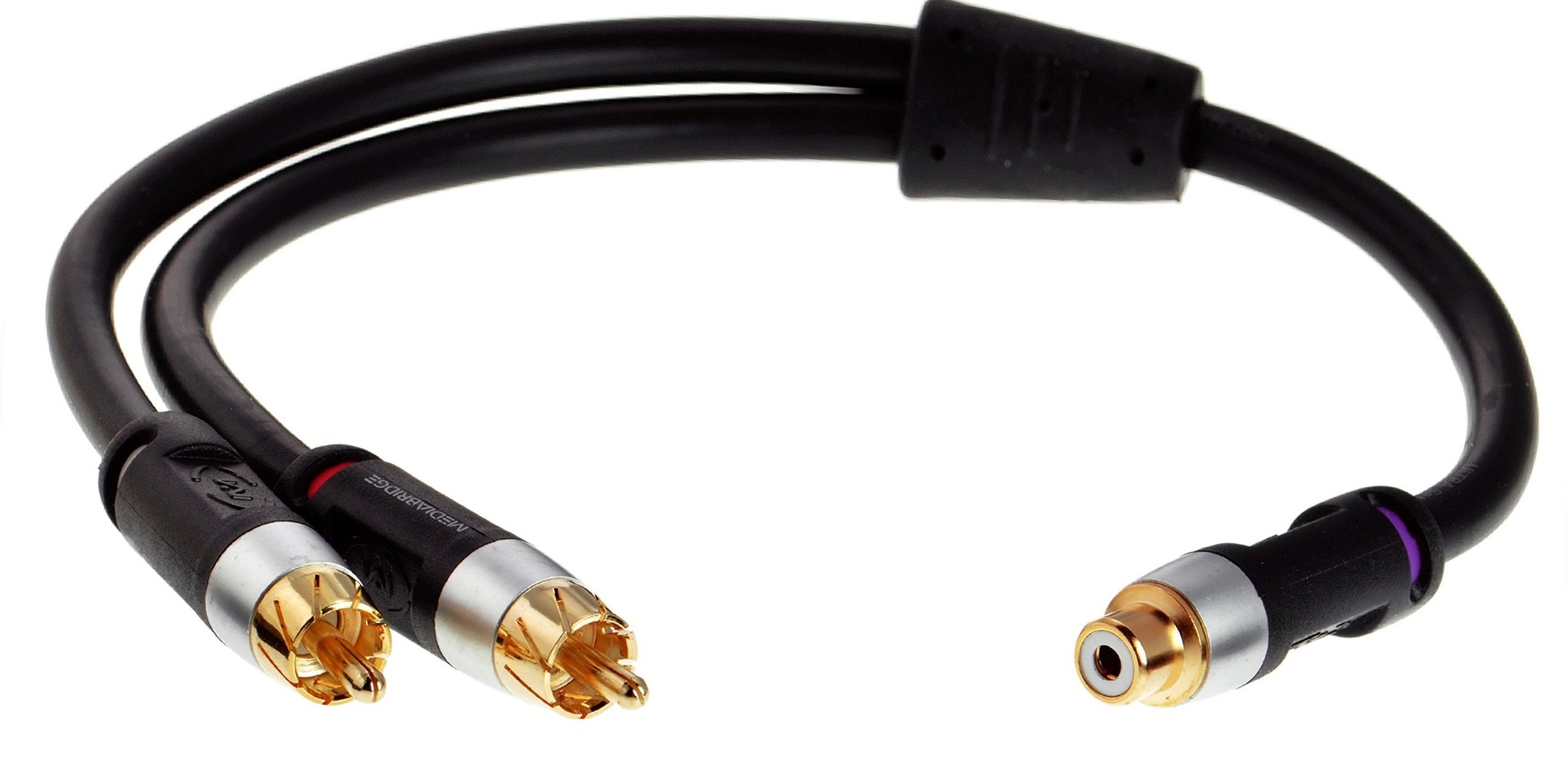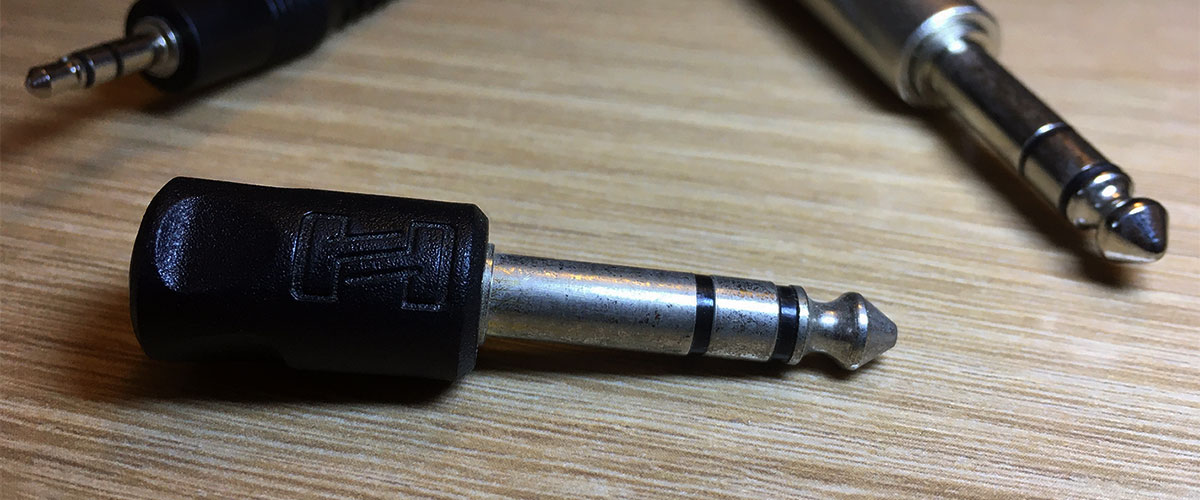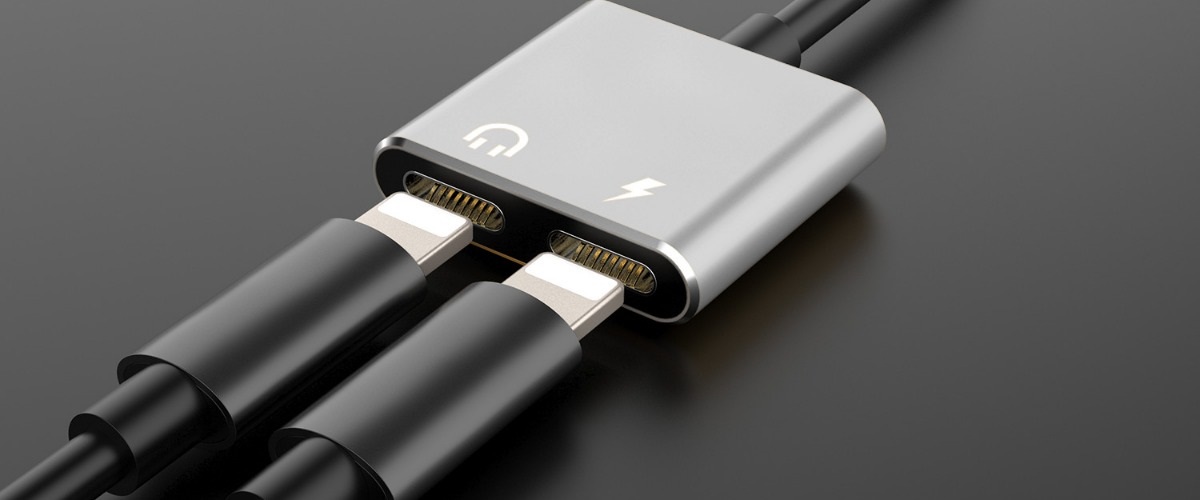
Does Cable Adapter Affect Sound Quality?
Cable adapters can affect sound quality in several ways. The most common way is by introducing electromagnetic interference (EMI) into the signal path. EMI can degrade the audio signal, cause problems such as buzz, hum, or dropouts and make it difficult to hear specific frequencies.
Another way cable adapters can affect the sound quality is by providing an impedance mismatch. If the adapter has the wrong connector type or is not properly shielded, it can occur. Impedance mismatch can cause sound quality problems such as distortion, loss of high frequencies, or even complete signal loss. Besides, if the adapter is not adequately shielded, it can allow outside noise to enter the signal path and degrade sound quality.
To avoid these sound quality issues, use only high-quality cable adapters that are properly shielded and have the correct connector type. While there are several ways that cable adapters can affect sound quality, it is essential to remember that they are typically only a small part of the overall signal path. As such, they should not have a significant impact on the overall sound quality of your system.

Why do people need to use an audio cable adapter?
There are several reasons people might need to use an audio cable adapter. The most common reason is that they want to connect two devices that have different types of audio connectors. For example, they might want to connect a set of headphones to a stereo receiver that has only RCA input jacks. Therefore, they would need an adapter with a 3.5 mm audio jack on one end, and RCA plugs on the other.
Another reason why people might need to use an audio cable adapter is if they want to connect a device that has an unusual audio connector to a more standard type of input or output. For example, they might want to connect a computer to a stereo receiver with only RCA input jacks. In this case, they would need an adapter with a 3.5 mm audio jack on one end and two RCA plugs on the other.
Finally, people might need to use an audio cable adapter to connect a device with a balanced audio output to an unbalanced input. For example, they might want to connect a mixing console to a power amplifier with only RCA input jacks. They would need an adapter with a 3-pin XLR connector on one end and two RCA plugs on the other.

Can I make an audio cable longer and save audio quality using an adapter?
It is possible to make an audio cable longer using an adapter, but often it can degrade the sound quality. The reason for this is that when you extend a cable, you are also extending the cable’s impedance. As a result, it can cause signal loss and degradation, especially at higher frequencies.
It is also important to note that not all adapters are created equal. Some adapters are made with better materials and construction than others. These higher-quality adapters will typically introduce less noise and distortion into the signal path. As such, they will generally provide better sound quality than cheaper adapters. So, if you need to extend an audio cable, it is best to use a high-quality adapter designed for this purpose.
How to choose a high-quality audio cable adapter?
There are many types of audio cable adapters on the market, and the quality of these products is also uneven.
First of all, we need to look at the material of the audio cable adapter. The excellent audio cable adapter material is mostly oxygen-free copper core or silver-plated oxygen-free copper core, which has better conductivity. In addition, the material of poor quality audio cable adapter is easy to oxidize and break after a period of use, which will affect the sound quality.
Secondly, we need to see if there is a noticeable difference in appearance between good and evil audio cable adapters. The surface of a good audio cable adapter is generally smoothly plated, the color is bright, and there is no obvious unevenness.
Finally, we need to pay attention to whether the price of an audio cable adapter is appropriate. Generally speaking, the price of a good audio cable adapter is a bit higher than that of a poor-quality product. Still, it is worth noting that the price is not always proportional to the quality.
